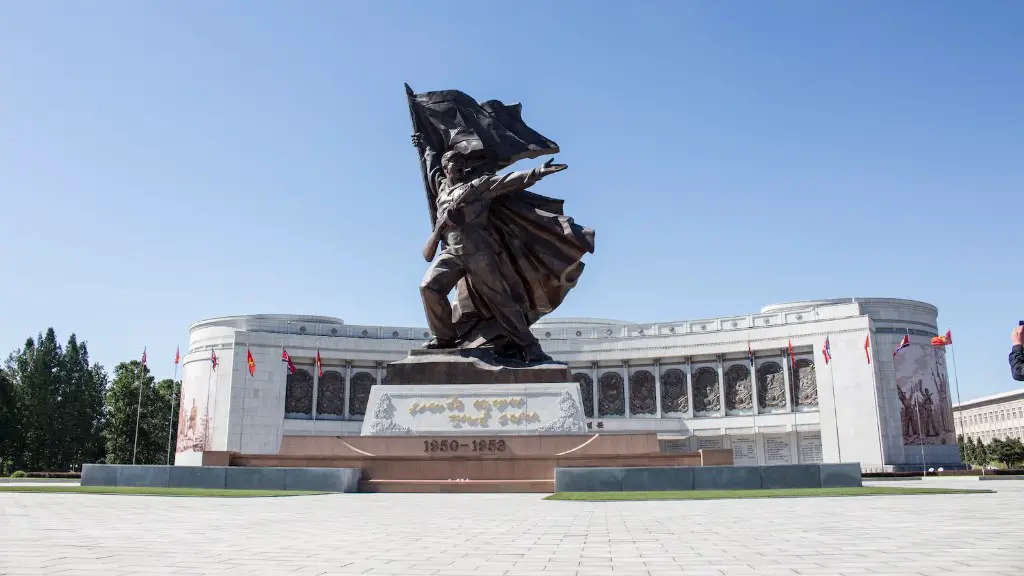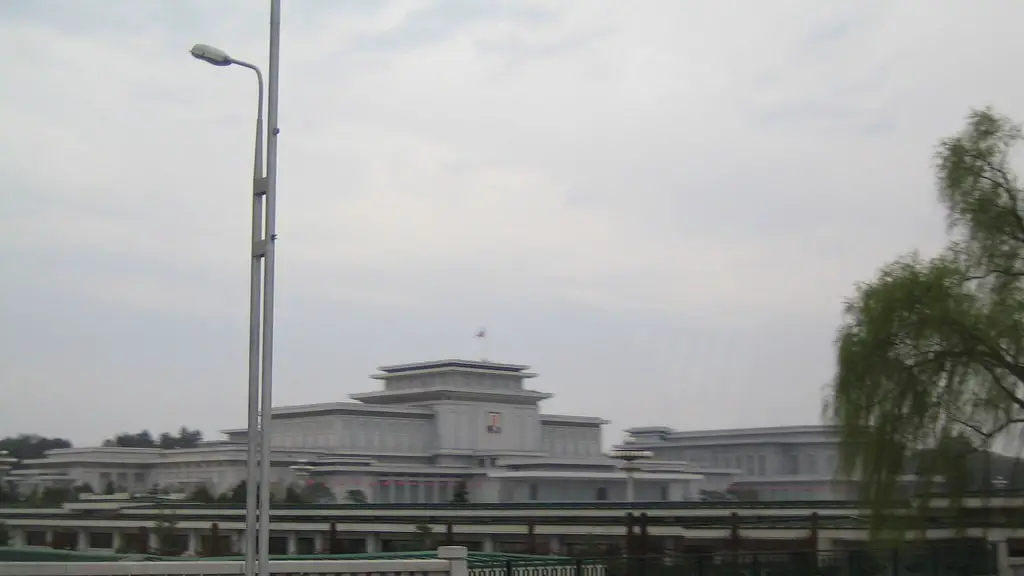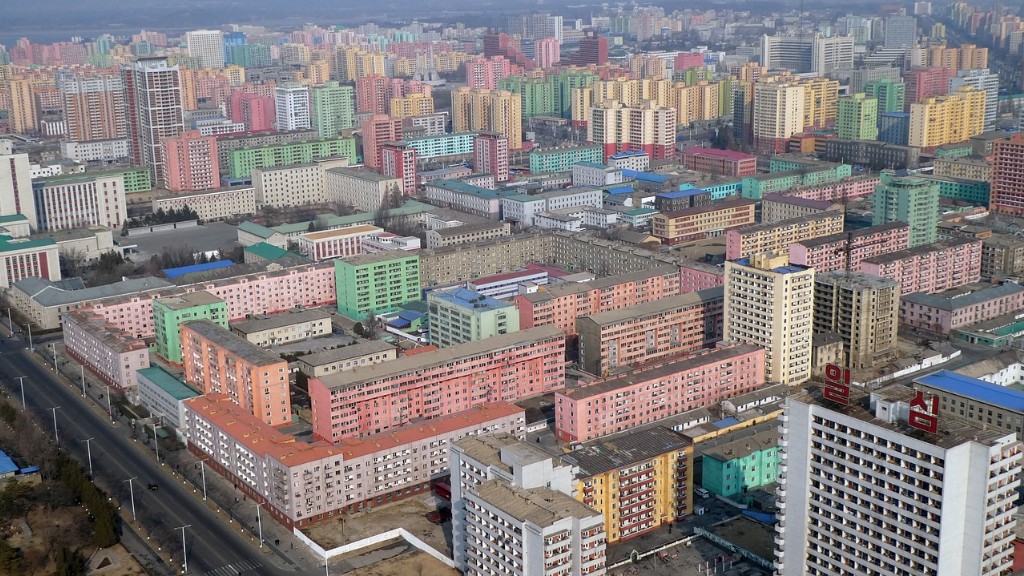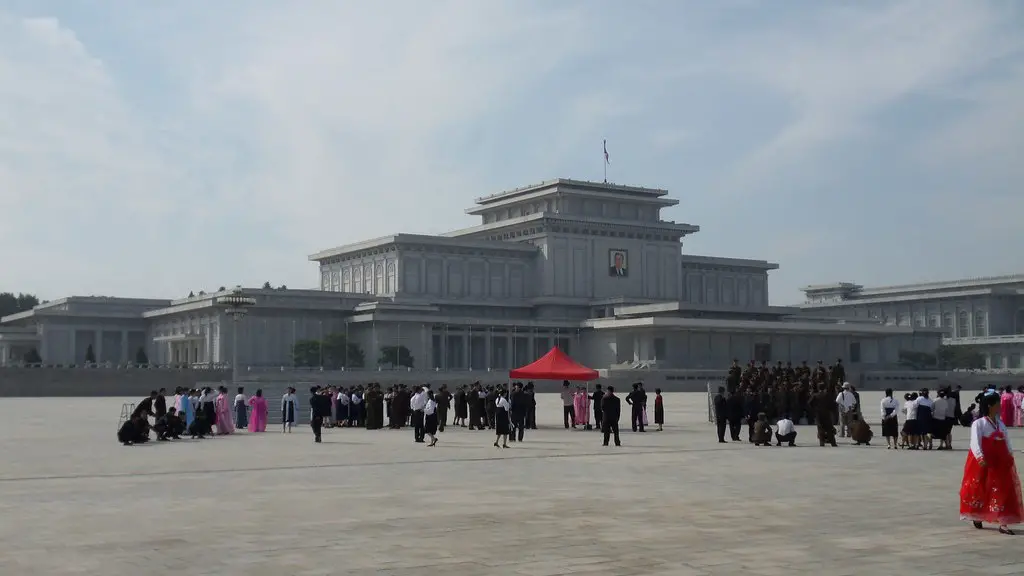Background
North Korea is a reclusive nation that has been isolated for decades and heavily sanctioned by the international community for its refusal to abandon its nuclear weapons program. The North Korean government has been accused of grave human rights abuses, including torture, forced-labor camps, and the execution of political opponents. Over the past decade, the United Nations Security Council (UNSC) has imposed increasingly stringent sanctions in response to the country’s nuclear weapons program. However, it has had limited success in restraining North Korea’s activities.
The Effectiveness Of Sanctions
Experts have long debated the effectiveness of sanctions as a tool to coerce a country into abiding by international norms. The most comprehensive sanctions to date were imposed by the UNSC in 2017 following North Korea’s sixth nuclear test. The stringent sanctions targeted the country’s most profitable exports and led to a significant decrease in North Korea’s foreign currency reserves. Yet, in spite of these efforts, the North Korean government has continued to build its stockpiles of nuclear weapons and missiles. As a result, some argue that it is futile to continue sanctions, given their lack of tangible effect.
The Economic Impact
Since North Korea has been under sanctions for decades, the country’s economy has been stunted. International humanitarian organizations are prevented from providing aid due to the sanctions, leaving North Korean citizens with minimal access to food, health care, and basic services. In addition, the sanctions have caused extreme poverty, as many North Korean citizens are unable to find employment due to the lack of foreign investment. As a result, the population of North Korea is facing a severe humanitarian crisis.
The Humanitarian Case
Given the dire humanitarian impact of the sanctions, there are those who argue that they should be eased in order to alleviate the suffering of the population. They contend that the current sanctions are not only ineffective but also punitive. They further argue that easing the sanctions would enable the international community to provide much needed aid and assistance to the people of North Korea.
The Security Case
However, many experts are opposed to easing or lifting of the sanctions, citing security concerns. They point to North Korea’s refusal to abandon its nuclear weapons program in spite of the sanctions, and argue that the country’s possession of a nuclear deterrent makes it unlikely to comply with international norms in the future. Thus, they argue that in order to ensure the security of the region, the sanctions should be maintained.
The Negotiations Case
There are also those who believe that the only way to achieve lasting peace in the region is through diplomatic negotiations. They argue that only through direct talks can both sides reach a solution that would be beneficial for all parties involved. This is why a number of countries, including the United States and China, have repeatedly called for the revocation of sanctions in order to facilitate a meaningful dialogue between North Korea and the international community.
The Risk Of Easing Sanctions
The easing of sanctions is a delicate issue, as there is a risk of reviving the economy of a country that has been known to violate international norms. Many experts have expressed concern that a sudden influx of foreign aid and investment could embolden the North Korean government to continue its nuclear weapons program, making it even harder to grapple with the problem in the future. The release of sanctions could also weaken the leverage of countries that have imposed the sanctions, making it more difficult to hold North Korea accountable for its actions.
Furthermore, some experts have argued that the easing or lifting of sanctions should be done gradually and with clear stipulations in order to prevent North Korea from taking advantage of the situation. This would include measures such as close monitoring of North Korea’s nuclear program and requiring strict adherence to international standards in order to receive assistance.
Overall, it is clear that there are no easy solutions when it comes to dealing with North Korea and its nuclear weapons program. While sanctions have proven to be an effective tool in coercing other countries to abide by international norms, it remains to be seen whether they will achieve the same results in this case. As such, it is important for the international community to keep an open dialogue with North Korea, even as sanctions remain in place.
The Moral Debate
The sanctions against North Korea have also been the subject of a moral debate, as there are those who contend that punishing the entire population of a country for the actions of its leadership is unjust and unethical. Advocates of this view argue that the sanctions have made it difficult for the citizens of North Korea to access basic needs such as food and medical care, resulting in a worsening of the humanitarian crisis.
In response, many have pointed to the fact that sanctions are just one of many actions that the international community has taken to hold the North Korean government accountable for its actions. In addition, some experts cite the fact that sanctions are a widely accepted diplomatic tool and are meant to be used sparingly and only when absolutely necessary. As such, these experts believe that the sanctions should not be eased until North Korea agrees to abide by international norms.
The North Korea-China Relationship
China has been the North Korea’s closest ally for decades, providing valuable economic and military assistance. As such, China wields significant influence in North Korean affairs. Some experts have argued that the Chinese government could play a key role in persuading North Korea to abandon its nuclear weapons program. However, there are also those who believe that China’s influence has been overstated, and that its influence is limited to economic and trade-related matters.
Moreover, experts have suggested that the Chinese government’s interest in keeping North Korea as a buffer zone between itself and the United States has led to it providing economic aid despite the sanctions. In addition, there have been reports of Chinese companies violating the sanctions and engaging in illicit trade with North Korea. This has led to further criticism of China, with some arguing that it should be more proactive in implementing the sanctions and enforcing them.
The Sanctions On North Korea And The International Community
The international community has largely been unified in its response to North Korea’s nuclear weapons program. Since 2006, the UNSC has levied increasingly stringent sanctions against North Korea, with the vast majority of UN member states voting in favor of the resolutions. Even countries with traditionally close ties to North Korea, such as China and Russia, have voted in favor of the resolutions.
This shows that the international community is united in its condemnation of North Korea’s nuclear ambitions and the human rights abuses occurring in the country. It also demonstrates the power of multilateralism in taking action to hold North Korea accountable for its actions. This makes it all the more imperative for the international community to remain united in their stance on North Korea, despite the challenges presented by the sanctions.
The Impact On The Region
The ongoing tensions between North Korea and the international community has inevitably had an impact on the surrounding region. The prolonged conflict has led to increased military activity on the Korean peninsula, making it a volatile and unpredictable region. In addition, the threat of nuclear war has exacerbated the already delicate geopolitical situation in the region.
Meanwhile, the lack of diplomatic or economic ties with North Korea has left the countries in the region with few options when it comes to dealing with the country. As such, the international community must take into consideration the implications of policies such as sanctions on the countries in the region, as well as their impact on regional stability.
The Role Of South Korea
South Korea has been a strong proponent of the sanctions against North Korea, as the two countries have had a tumultuous relationship for much of their shared history. South Korea has argued that the sanctions are a crucial part of ensuring the security of the region, and it has largely backed the international community’s stance on North Korea.
At the same time, South Korea has taken steps to engage North Korea in an effort to reduce tensions and promote peace. This includes setting up a joint business venture between the two countries, as well as accommodating North Korean citizens in South Korea. South Korea’s President has also proposed opening a direct dialogue with North Korea, in a bid to break the stalemate between the two countries.
As such, South Korea is taking a measured approach to dealing with the North, advocating for both sanctions and engagement in order to find a solution to the problem. In doing so, South Korea is playing a key role in helping to find a peaceful resolution to the conflict on the Korean peninsula.





